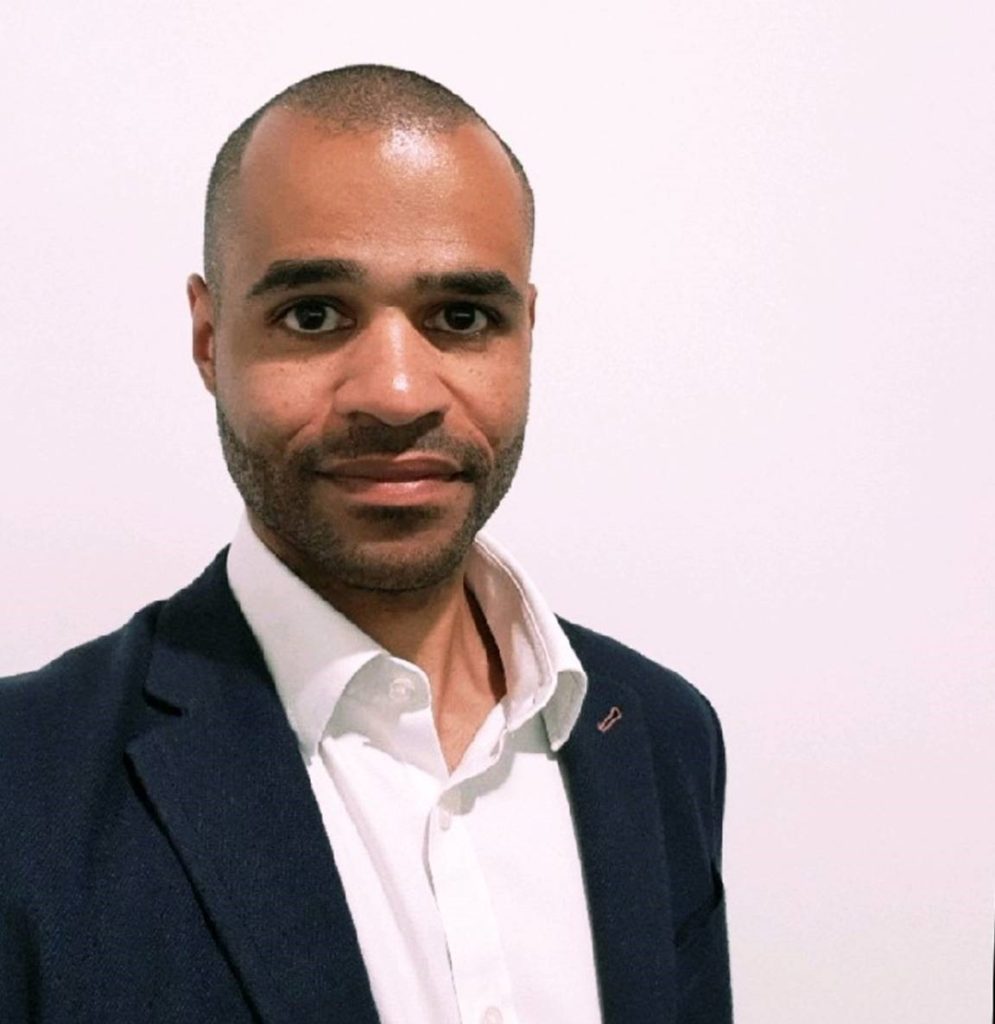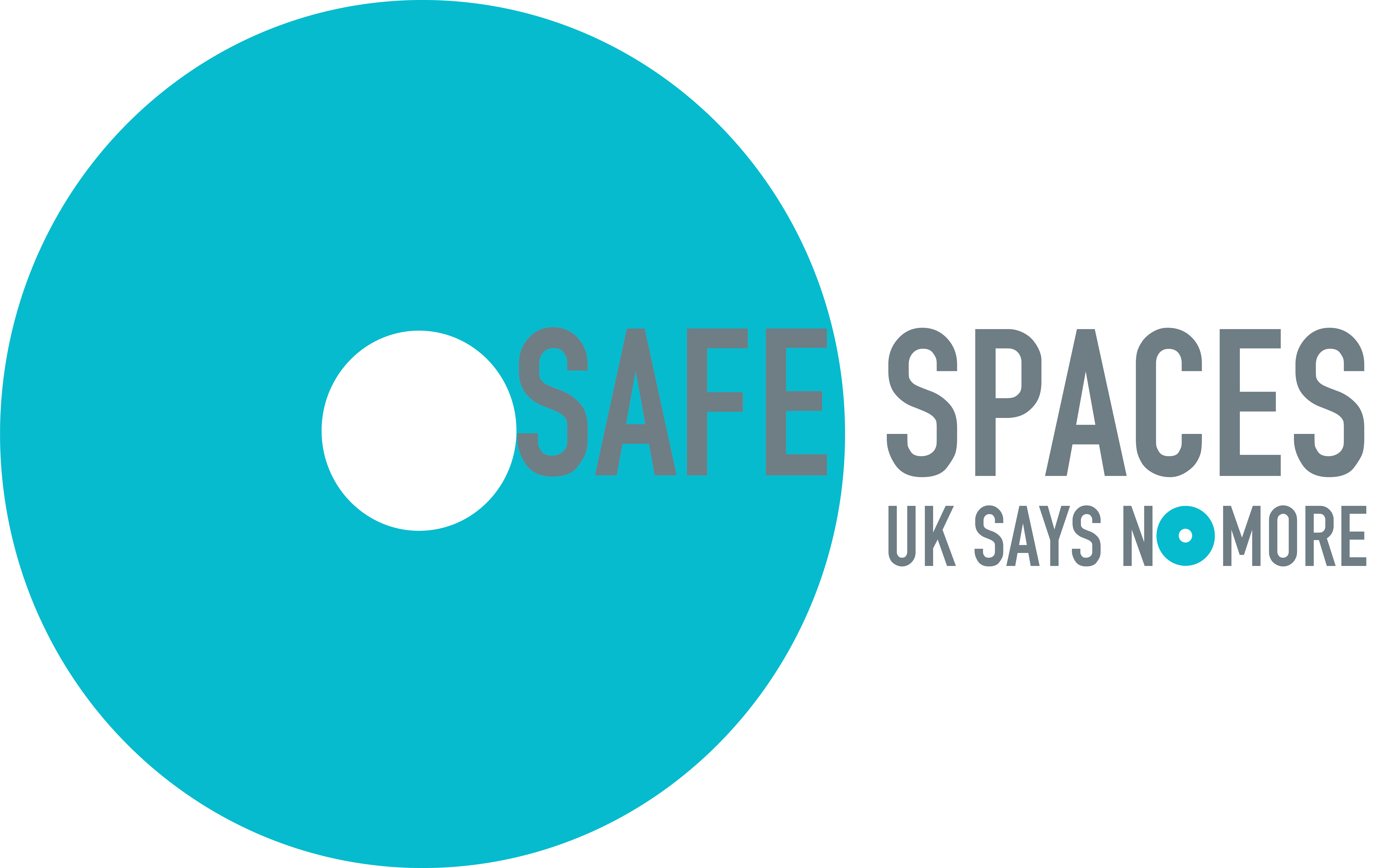Find Us
The Clear Company
The Base
20 Dallam Lane
Warrington
Cheshire
WA2 7NG
Ahead of Black History month, I was recently asked to share some thoughts on what an organisation that has taken meaningful actions on anti-racism and equity for its Black employees could look like.

Organisations have a key role to play in an inclusive society through taking meaningful actions and using evidence and data to understand the impact they have. Black History Month is an excellent time to stop and reflect but actions need to be part of the day-to-day life of the organisation in order to truly make a difference.

Organisations have a key role to play in an inclusive society through taking meaningful actions and using evidence and data to understand the impact they have. Black History Month is an excellent time to stop and reflect but actions need to be part of the day-to-day life of the organisation in order to truly make a difference.
Here are some thoughts (non-exhaustive!):





All of the above points can be evidenced by the organisation via employee survey data, focus groups or relevant people data. In this way organisations can move beyond temporary initiatives that tackle symptoms rather than causes.
In our experience barriers to inclusion are hidden deep within fundamental policies, processes and practice, all of which need to be critically analysed to diagnose cause.
In making DEI central to their people strategy, organisations have an unprecedented opportunity to go beyond initiatives and viral moments and truly influence societal changes.
About the Author:
Alexandre Maria is a senior commercial professional. Passionate about diversity and Inclusion, he recently changed career and joined The Clear Company bringing in his experience of leading an employee network in an international organisation. He has experience in gathering DEI data and influencing change at a senior level.
Alex is particularly passionate about promoting an evidence based and holistic approach to diversity and inclusion and helping organisations engage with internal stakeholders deliver their DEI strategy.


About the Author:
Alexandre Maria is a senior commercial professional. Passionate about diversity and Inclusion, he recently changed career and joined The Clear Company bringing in his experience of leading an employee network in an international organisation. He has experience in gathering D&I data and influencing change at a senior level.
Alex is particularly passionate about promoting an evidence based and holistic approach to diversity and inclusion and helping organisations engage with internal stakeholders deliver their D&I strategy.
The Clear Company
The Base
20 Dallam Lane
Warrington
Cheshire
WA2 7NG
| Cookie | Duration | Description |
|---|---|---|
| cookielawinfo-checkbox-analytics | 11 months | This cookie is set by GDPR Cookie Consent plugin. The cookie is used to store the user consent for the cookies in the category "Analytics". |
| cookielawinfo-checkbox-functional | 11 months | The cookie is set by GDPR cookie consent to record the user consent for the cookies in the category "Functional". |
| cookielawinfo-checkbox-necessary | 11 months | This cookie is set by GDPR Cookie Consent plugin. The cookies is used to store the user consent for the cookies in the category "Necessary". |
| cookielawinfo-checkbox-others | 11 months | This cookie is set by GDPR Cookie Consent plugin. The cookie is used to store the user consent for the cookies in the category "Other. |
| cookielawinfo-checkbox-performance | 11 months | This cookie is set by GDPR Cookie Consent plugin. The cookie is used to store the user consent for the cookies in the category "Performance". |
| viewed_cookie_policy | 11 months | The cookie is set by the GDPR Cookie Consent plugin and is used to store whether or not user has consented to the use of cookies. It does not store any personal data. |

Dial ‘999’ for immediate assistance. If you are unable to speak or answer questions while on a 999 call, stay on the line, and when prompted, press 55 and your call will be transferred to the police. The local police number is 101 for non-emergencies.
*The ’55’ option will only work with 999.
Am I at Risk?
‘How do I know if I am suffering domestic abuse?’ This short survey will help you identify if the behaviours you are experiencing are domestic abuse.
If you are experiencing domestic abuse, you are not alone. Local support and help is easy to access through this search function. Click here
Local Support Services
If you are experiencing domestic abuse, you are not alone. Local support and help is easy to access through this search function. Click here
Contact National Helplines
National domestic abuse support services can offer you guidance here.
Useful Links
Access a range of other services that can support you. Click here